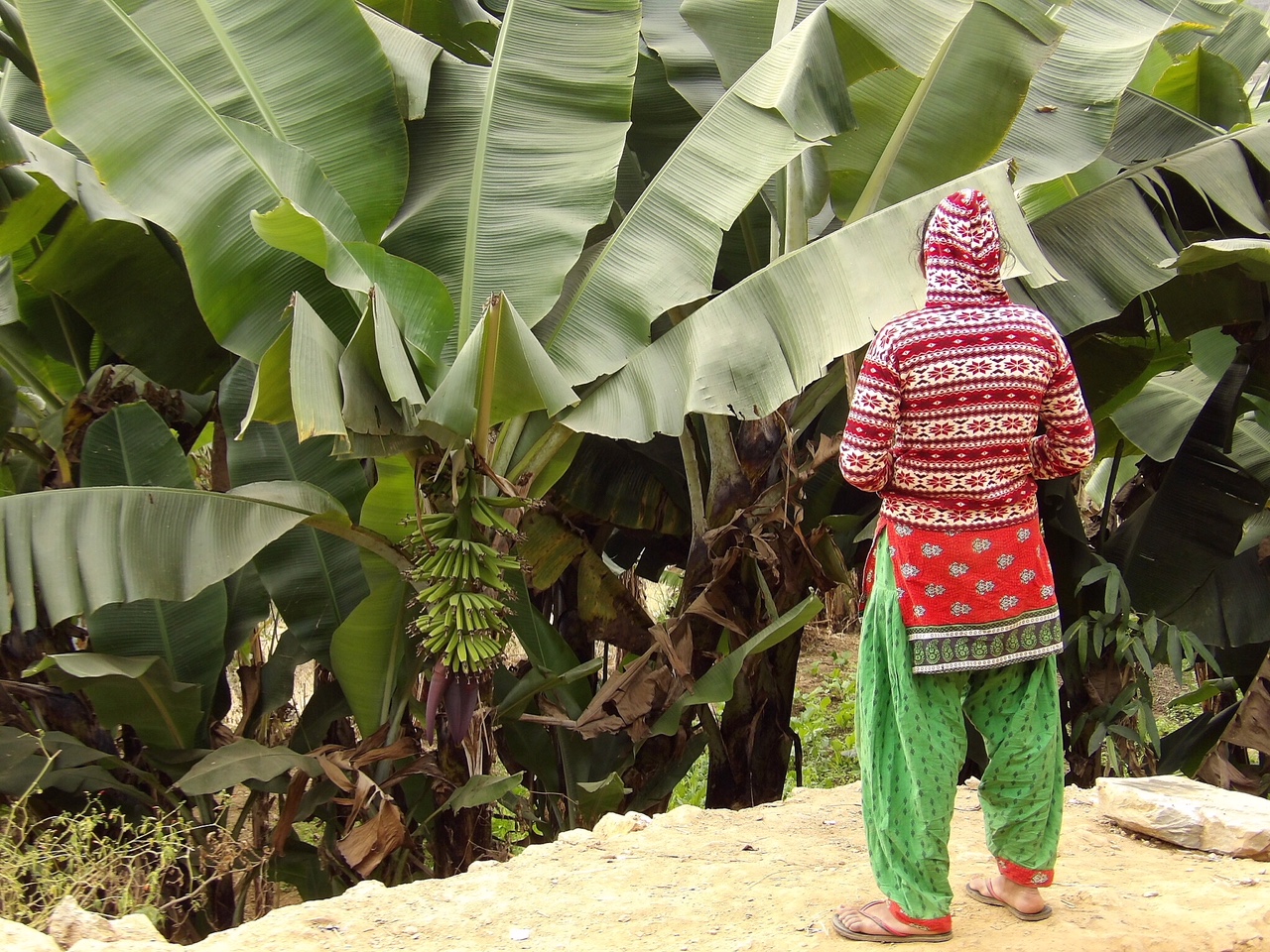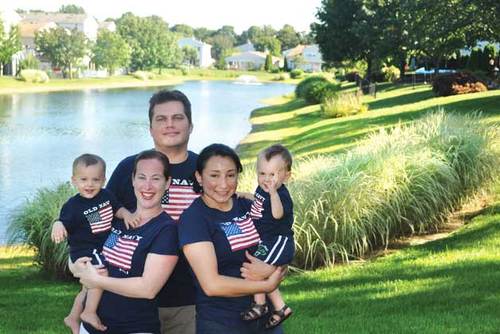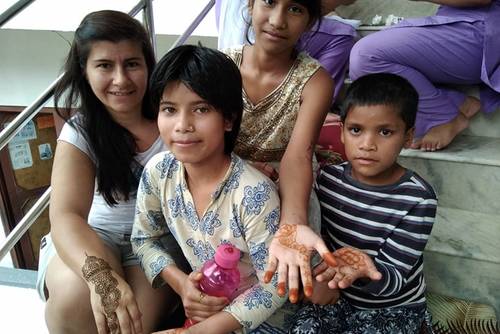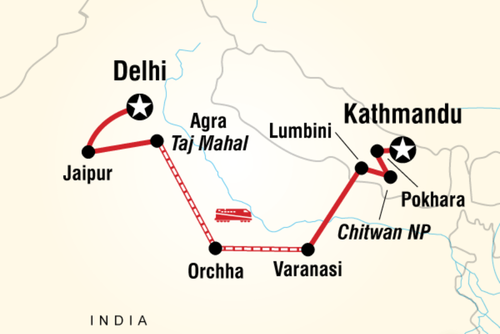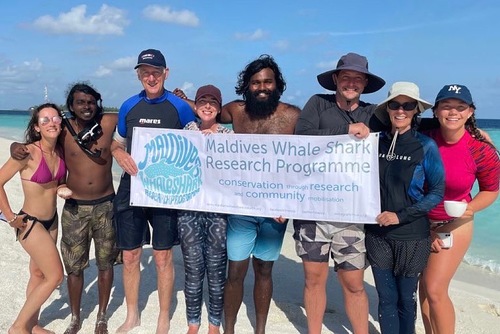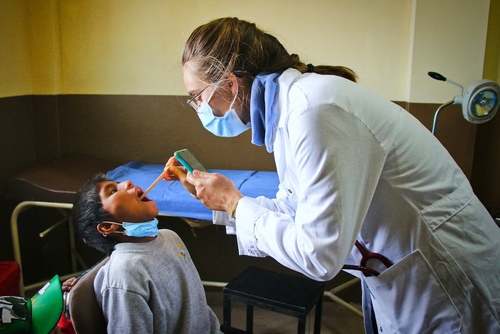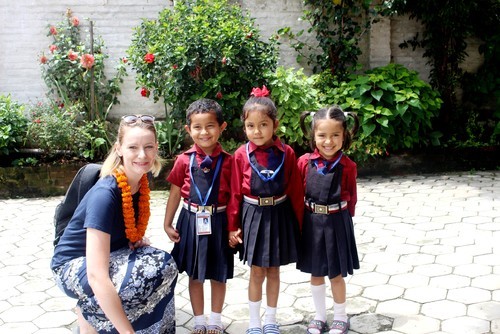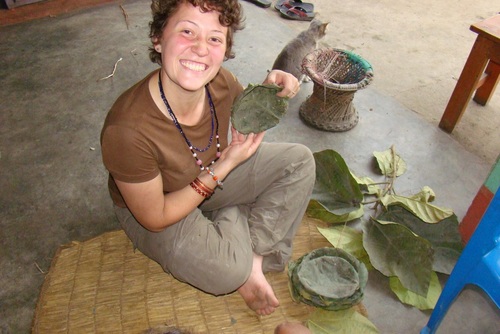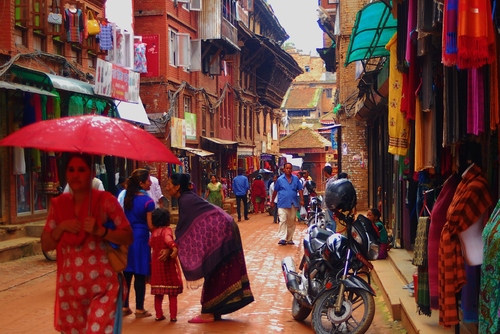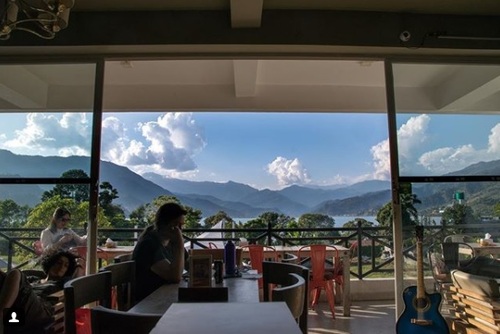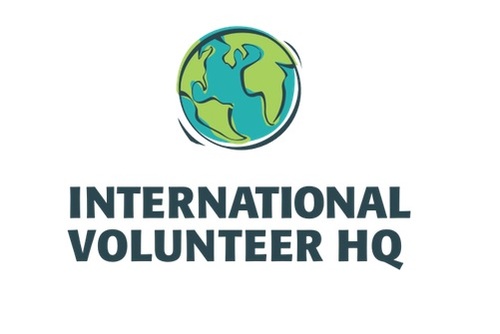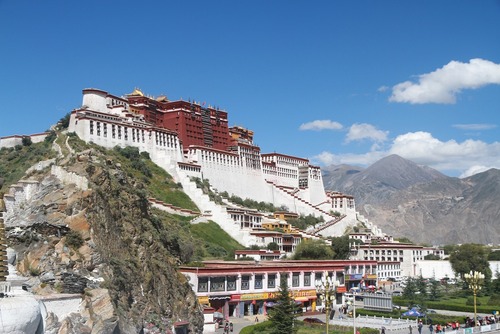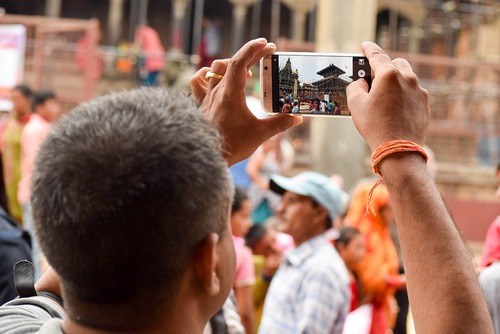On the run up to my departure for my 10 week volunteer placement, I was constantly told by friends, family and work colleagues how much of a life changing experience it would be.
Everyone believed that I would come home with an itch to see more of the world: once you’ve caught the bug, you won’t stop. You’ll never want to come home.
On return, the same people asked me what it was like? What are my plans now? And I was repeatedly asked questions about the conditions of the people that lived there, was it sad? Did they have nothing? How hard was it to live like that?
My placement in Nepal had the adverse affect on me than most people expected, I returned, not really wanting to leave again and previous plans to work in international development were scrapped.
Instead, I wanted to use what I learnt in Nepal, what I saw, everything I experienced, to make my life at home more sustainable, more eco-friendly as a citizen of the world, and here is why:
Arrival in Nepal
When I first arrived rural Nepal, I wasn’t struck with the culture shock like many of the other members of my group were, I dived into rural lifestyle with an open mind, something that I was shocked at as someone who appreciates life’s luxuries.
Sleeping on a wooden slatted bed, using a squat toilet and showering at a tap stand was miles away from what I was used to at home, but the friendly, welcoming and helpful community members made this all the more easier to deal with.
My Experience & What I Learned
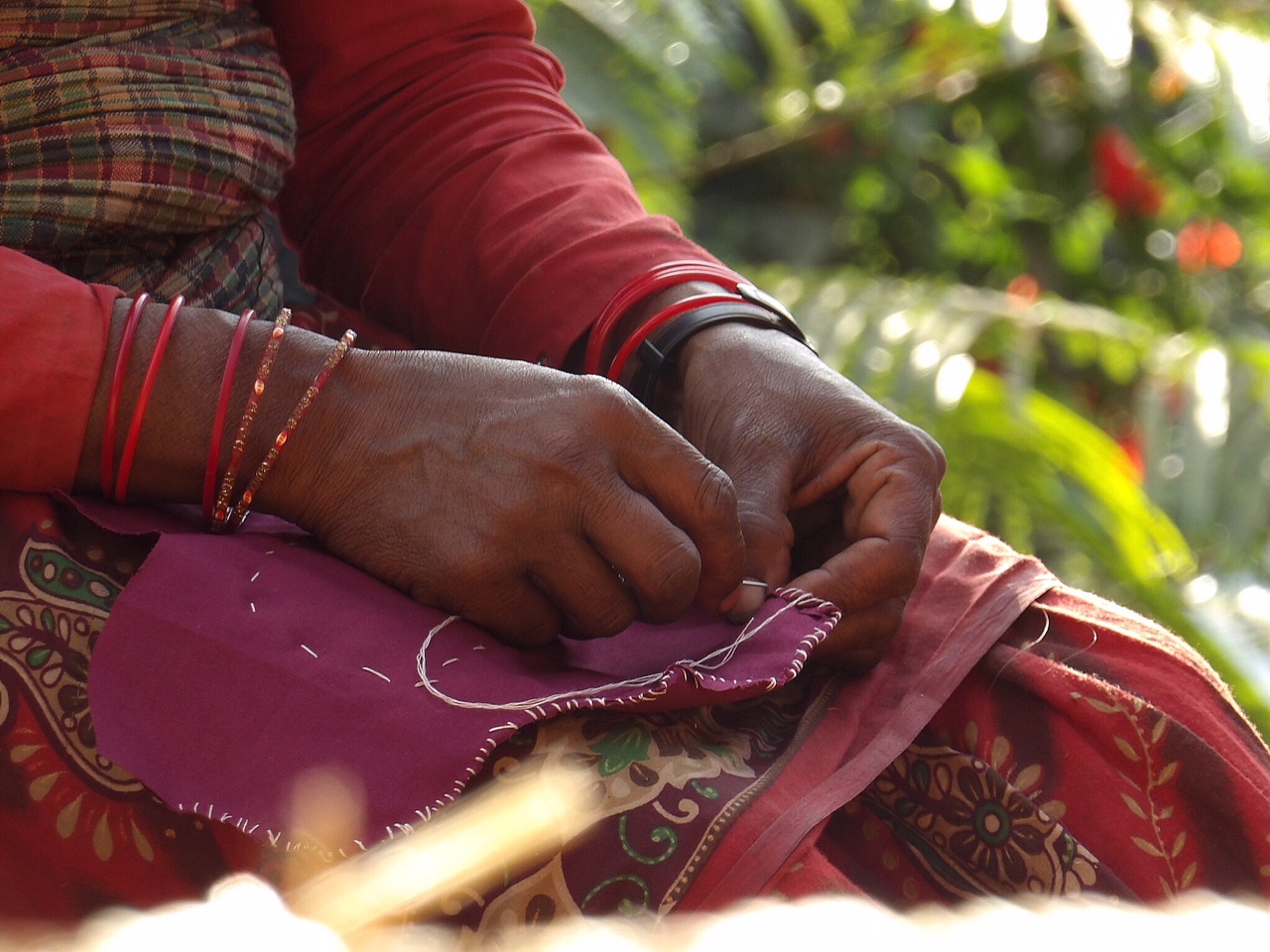
We were placed in a villaged called Hukkabaan, in the Gorhka region of Nepal to carry out a WASH project. This included working on the rehabilitation of a water source, as well as offering educational awareness raising sessions surrounding hygiene and sanitation as well as menstrual hygiene issues.
In recent years, the taboo surrounding menstrual hygiene in Nepal has entered mainstream media, and in summer it was reported worldwide of a young girls death as she was made to sleep in a cow shed whilst on her period.
Heartbroken by this story, I infused so much passion and energy into sharing with the women of the community how to maintain good health practices whilst on their period, in order to break down the taboos that dictate women as contaminated during this time.
One of the sessions we ran in relation to menstrual hygiene was the art of making reusable sanitary towels out of cloth and towel. I was so shocked to hear that most of the women in the community used old rags and pieces of cloth whilst on their period, which often harboured bacteria leading to infection.
Whilst sanitary pads are available in Nepal, they are often very expensive, and in the rural villages where there is no form of rubbish collection, they are often very hard to dispose of and are also very damaging for the environment.
The women loved making the reusable sanitary towels, and even the men were interested in what they were doing, something that is very important to breaking the social stigma surrounding menstruation.
One of the main reasons why the women loved the reusable sanitary towels was due to their inexpensive as well as the fact they could make them themselves, all by using locally sourced
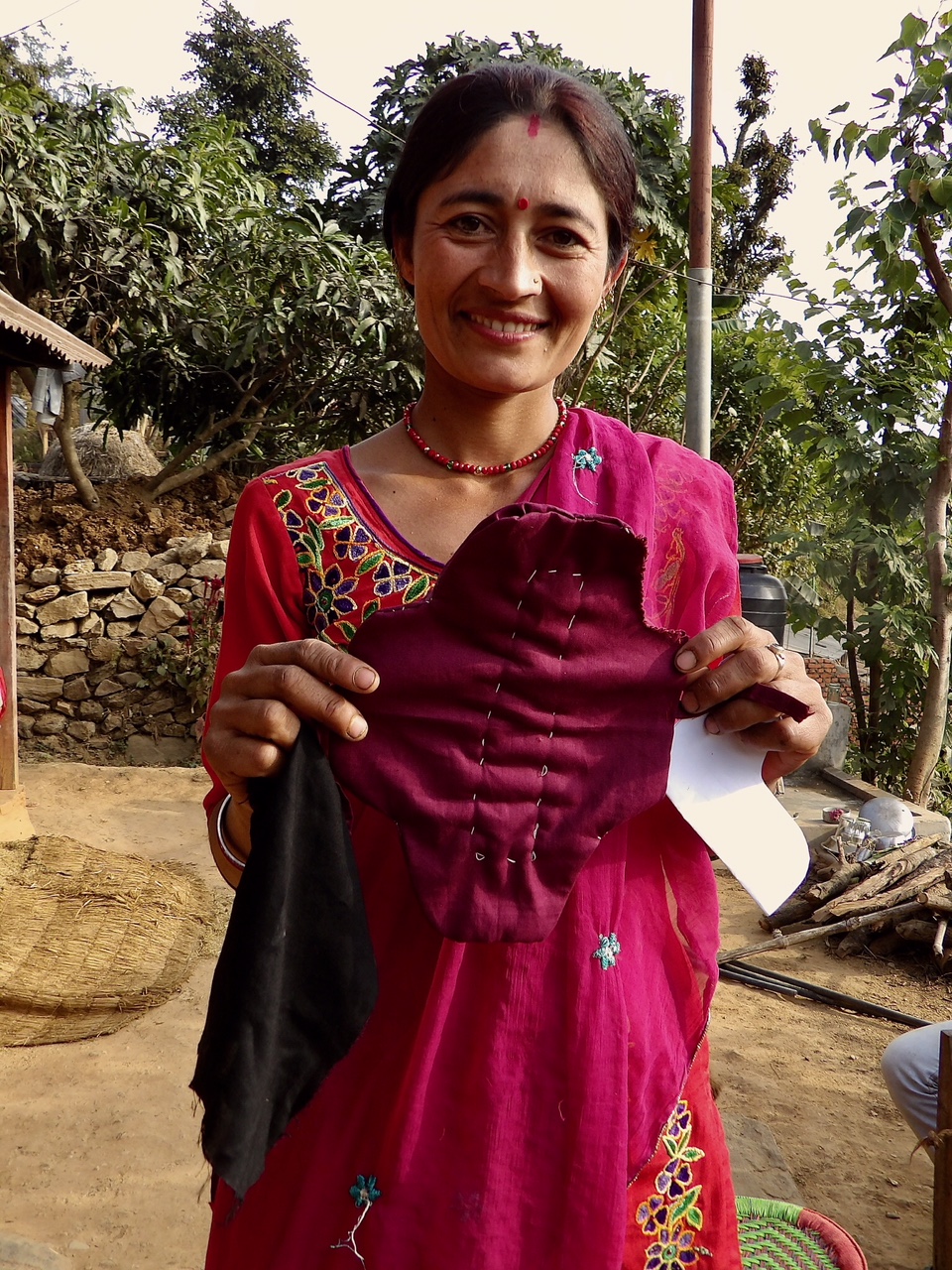
Rural Nepal thrives off of living from locally sourced produce, every night before dinner, I sat down to eat with the knowledge that the vegetables on my plate had been in the ground only a few hours earlier.
I compared it to what I would eat at home, often a frozen ready meal that came with plastic packaging. I have always tried my best to recycle as much as possible but living in a rural village really made me realise how much unnecessary waste I produce in my every day life: plastic water bottles, food packaging, soap bottles, etc, even things as little as makeup wipes, I became conscious that I don’t actually need these things to survive.
In Nepal, I helped harvest barley for celroti (Nepali style donuts), peel corn to make popcorn, sift lentils to make Dahl, and picked oranges, guava and bananas from trees that I ate immediately. Everything I consumed was grown locally.
Here in the UK, we throw away 7 million tonnes of food each year, we use 15 million bottles per day, and intensive factory farms have grown by 26% in the past 6 years. We consume food on such an excessive level it is destroying our environment, health and local businesses.
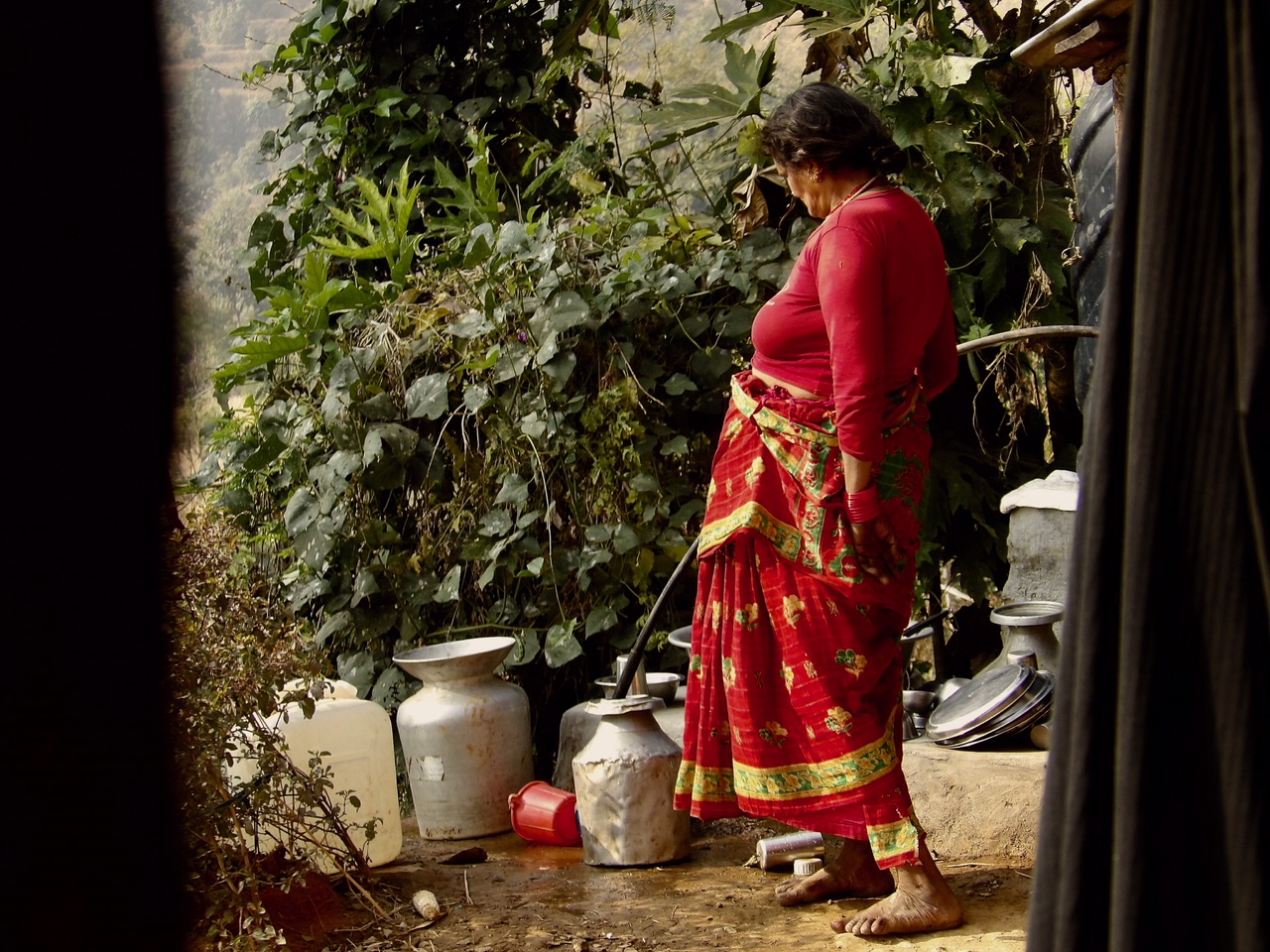
As a vegetarian, I have never bought into the idea that we need to eat meat on a daily basis to provide us with a healthy source of protein, and living in Nepal proved that; the community members eat meat once every 2-3 weeks, not only because of the expense, but because they received a rich enough nutrition from their locally grown and sourced lentils, chickpeas and vegetables.
They used metal canisters to store their locally sourced, purified water, and us, as volunteers carried and used the same water bottle for ten weeks, with no need of purchasing bottled water.
Leftover food was fed to their animals, or put aside for compost. Rice was harvested as a group, in exchange for a home cooked evening meal. It was so refreshing to see food consumed in rejection of the monopolised industry that it has become in the UK, something that inspired me to change the way I live.
How Volunteering in Nepal Has Inspired Me to Live Differently
I now carry a water bottle around with me everywhere, and I no longer feel embarrassed to ask at a coffee shop or café if they could refill it, water is free, there is no need to purchase it with packaging.
I now cook predominantly with vegetables, in large quantities, freezing leftovers to avoid leaving waste, I reuse old candle jars for storing home condiments, I purchase shampoo/conditioner/soap in big bottles to avoid using more plastic, if I buy a coffee, I always eat in to avoid using a disposable coffee cup, instead of throwing away old and damaged shoes and clothing, I fix and mend them, and overall I make a conscious effort not to purchase as excessively as I did this time last year.
This movement of using less is entering into the mainstream mind-set, and after living in Nepal for just over two months, witnessing first hand how little a human being actually needs to not only survive, but to enjoy life has inspired me to become more active as a global citizen.
By Lydia Stephens
Lydia participated on a trip to Nepal with Raleigh International and if her experience has inspired you to do something similar view volunteer programs in Nepal.
Related Pages

